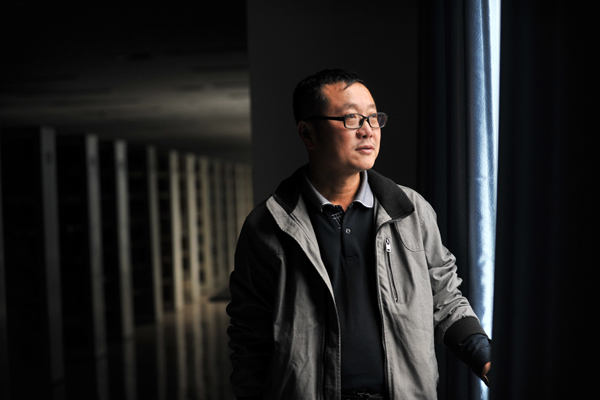 |
|
Liu Cixin, winner of the Hugo Award 2015 for best novel for The Three Body Problem. [Photo provided to China Daily] |
For China, science fiction has gradually become "a real soft power", Han says.
"It even had an impact on Barack Obama. Who could ever have imagined that? It's real power is because it touches real problems - philosophical and spiritual things. That is soft power."
In fact the popularity and success of science fiction in a country seems to go hand-in-hand with its rising political and economic strength, Han says, pointing to Britain's golden age as a world power, the rise of the United States to that status, and the Soviet Union at the height of the Cold War. In each case, science fiction was very popular at the time, he says.
"Even in Japan in the 1970s there was a lot of very good science fiction. Perhaps China is now at that juncture."
However, Chinese science fiction's focus on the country's culture and the country's future does not imply that it is jingoistic.
Wu Yan, professor of humanities at Southern University of Science and Technology in Shenzhen, says: "Liu Cixun's idea is very, very Chinese. In the future, problems are solved. The Earth will be united as one. It is a kind of ancient Chinese thinking about 'under Heaven'. It's like the Chinese view of the world in imperial times that derives from Confucianism. Confucius has four stages of development: cultivate yourself, manage your family, administer your country and become united under heaven."
Han Song argues that science fiction is now leaving its roots as a tool to popularize science and provides deep insights into China's culture and current life.
"Although science fiction in China is more than 100 years old, over the past 20 years it has gradually become a new way to express ideas about what is happening in Chinese society, not only about the universe or technology. It deals with what change in Chinese culture is about."